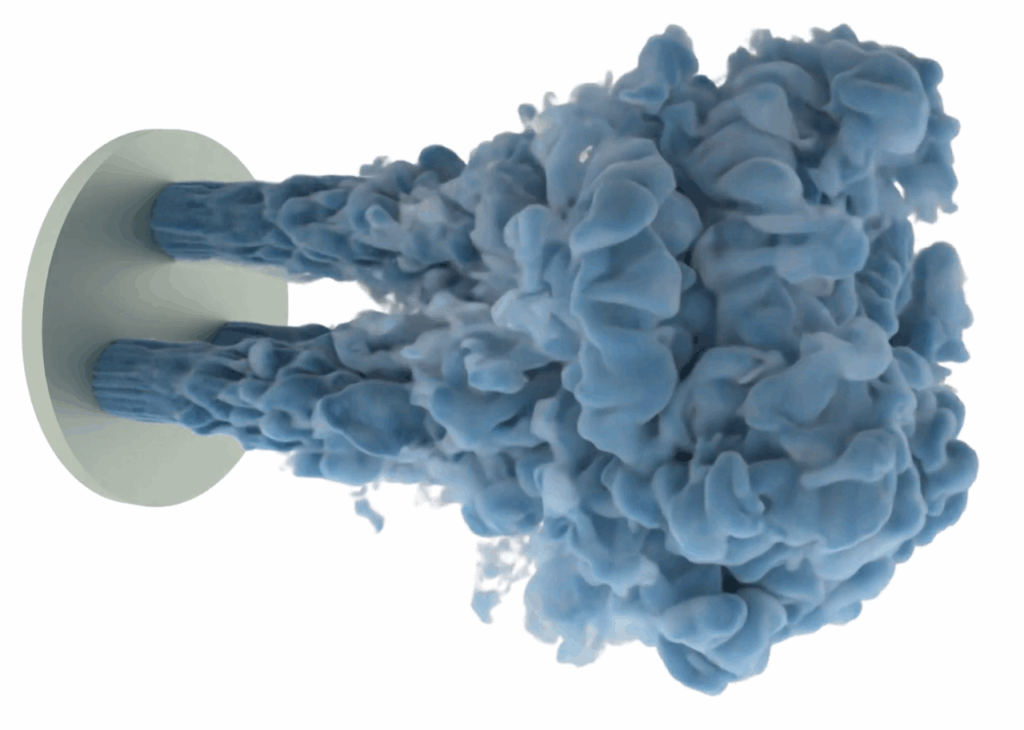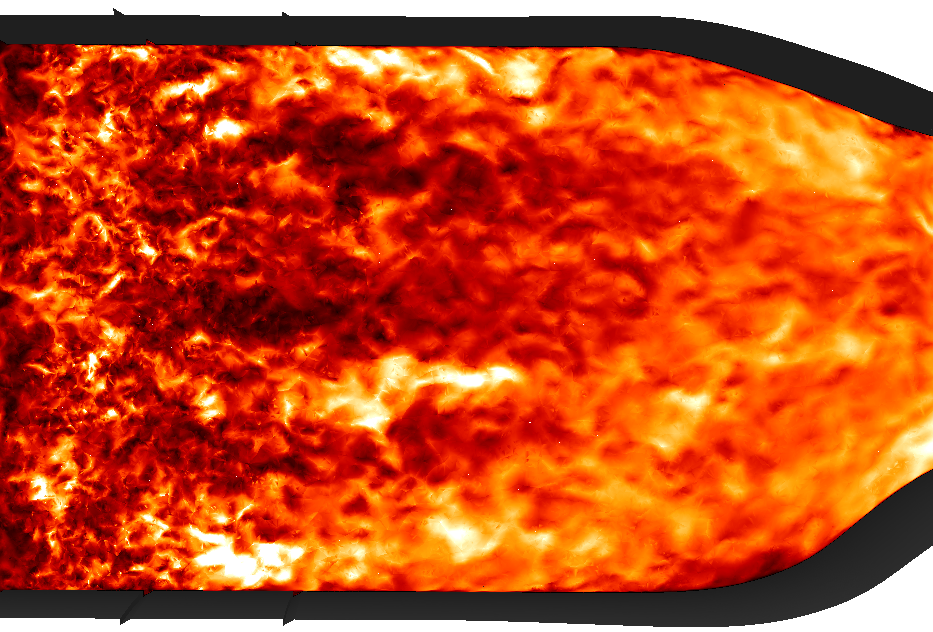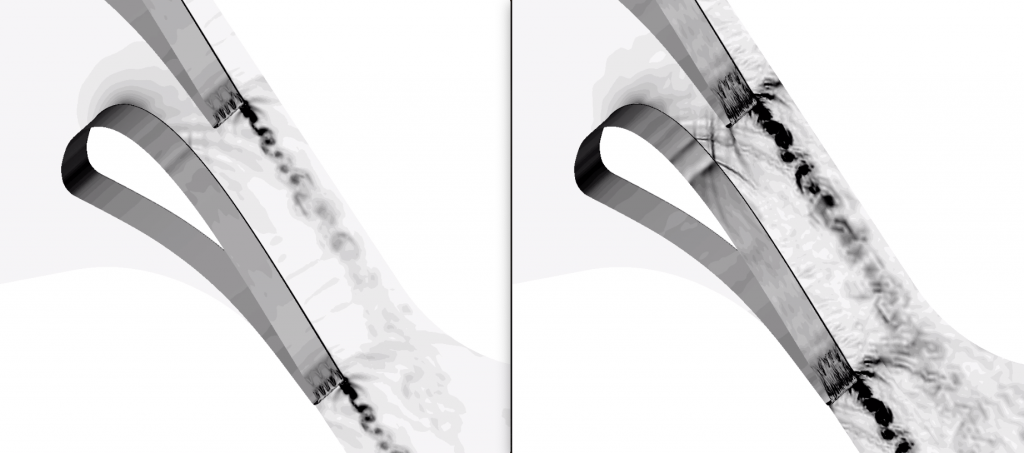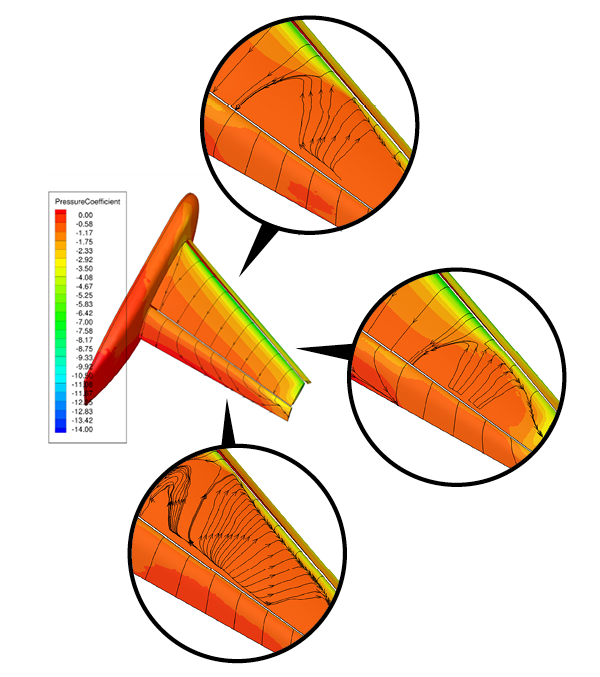
Using a new computational technique called information geometric regularization (IGR) researchers from the Georgia Institute of Technology and the Courant Institute of Mathematical Sciences at New York University conducted the largest-ever computational fluid dynamics (CFD) simulation of fluid flow on the Frontier supercomputer at the Department of Energy’s Oak Ridge…
Coury TurczynSeptember 30, 2025














